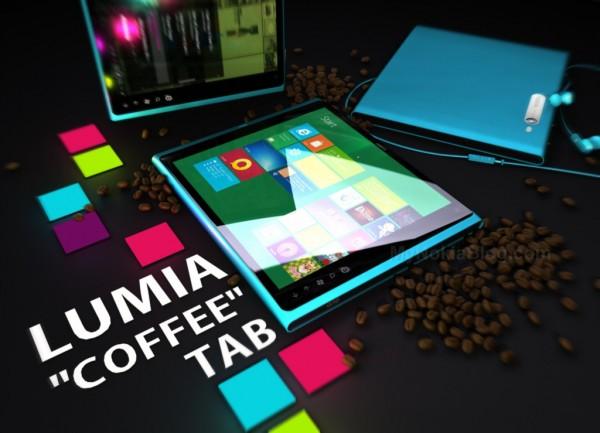
While the iPad continues to garner more and more interest and attention, tablets are still a bit of a gray area with the majority of the population. But as more tablets enter the market at various prices with mounding functionality, each geared toward a different demographic, they will increasingly become a more viable home and mobile computing option.
A huge leap for tablets is the drive to become more PC-like. The iPad, in essence, is just a blown-up iPod Touch or iPhone. There are millions upon millions who find this sufficient. And Android tablets are also larger versions of their 4-inch counterparts, with very little extra functionality. That said, with each update and with every mobile application released by Apple and Google, respectively, tablets become more like full-fledged personal computers. For example, iPhoto for iPad, which was announced alongside the new iPad last week, shows that tablets are very capable devices. And the Chrome for Android beta that was revealed just weeks ago shows how close mobile browsers are to being comparable to a full-fledged desktop browser.
Still, these two platforms will remain a far cry from the full PC experience for some time to come.
I, for one, would love nothing more than to work entirely from my Transformer Prime. I use it for everything I possibly can, from Web browsing, researching, RSS feeds, typing (almost) all of my articles and even editing pictures. But, no matter how I look at it, the browsers just aren't up to the challenge. And, inevitably, I have to switch to my laptop to finish the job. I can do about 90 percent of my work from the tablet, but it comes up short every time.
And this is why I have been eyeing the progress of Windows 8 tablets since we first caught wind of them in the middle of last year. Windows 8 will offer at least most of the full desktop experience in tablet form with little sacrifice. But something I haven't been able to decide on is which manufacturer I will go with once Windows 8 tablets are finally available. We know Samsung will be making Windows tablets to compliment their Android efforts. ASUS may as well, seeing as they already have an army of various Windows slates. Both of these would be high on my list as I have owned Android tablets from both manufacturers and thoroughly enjoyed them.
But just as there are a handful of high-end Windows PC makers, there is sure to be a slew of them making tablets once Windows 8 is officially launched. Aside from the two I have mentioned, though, there is only one possible manufacturer that has really caught my attention: Nokia.
The rumor has been going around for a while that Nokia would be making a tablet. Considering Nokia is currently in a close partnership with Microsoft and have, in only a few short months, surpassed both Samsung and HTC to become the top Windows Phone maker, it would only make sense that Microsoft also tries their luck with Nokia to push their Windows 8 tablet line.
If Nokia can perpetuate their ultra high quality hardware into a tablet line, it would be nearly impossible for me to resist. Since the very beginning of the Nokia tablet rumors, I have come across several concept designs. And the one pictured above is exactly what image came to mind when I heard the possibility of a Nokia tablet. Carrying the same moniker as two of Nokia's hottest handsets, the Lumia Coffee Tab is a unibody, polycarbonate design. The latest word is that the Lumia tablet will come with a "dual-core Qualcomm ARM chipset allowing Nokia to keep the price competitive with the iPad," says Matt Burns of TechCrunch. There's not much else to say other than it is absolutely ... sexy and that I want one now.
However, I'm interested in what you ladies and gents think of the possibility of a Nokia tablet. Do you like the idea? Would you prefer to see it running a different OS? Or is this your idea of a nearly perfect tablet, too? (I only say "nearly" because my perfect tablet would be a toss-up between this and a Prime running Ubuntu for Android.)
Image via My Nokia Blog